Exploring Jackson Family Wines and Their Commitment to Organic Vineyards
Jackson Family Wines has long been a name synonymous with quality and innovation in the wine industry. Founded by Jess Jackson in 1982, the family-owned company has grown into one of the most respected wine producers in the world. What sets them apart is not just their dedication to crafting exceptional wines but also their commitment to sustainability, particularly through their organic vineyards. In this article, we'll take a closer look at how Jackson Family Wines is leading the way in organic viticulture, producing some of the finest wine brands while caring for the environment.
A Legacy of Excellence
Jackson Family Wines began with a simple vision: to produce wines that reflect the unique terroir of California's best growing regions. Over the years, this vision has expanded to include a deep respect for the land and a commitment to sustainable practices. Today, the company owns over 40 wine brands, each with its own story and character, but all united by a shared dedication to quality and environmental stewardship.

The Rise of Organic Vineyards
Organic viticulture is more than just a trend; it's a philosophy that prioritizes the health of the soil, the vines, and the ecosystem as a whole. For Jackson Family Wines, the journey toward organic farming began with a recognition that the best wines come from the healthiest vineyards. By eliminating synthetic pesticides and fertilizers, they allow the natural balance of the vineyard to thrive, resulting in grapes that are not only healthier but also more expressive of their terroir.
One of the key benefits of organic farming is the improvement in soil health. Healthy soil is teeming with life, from beneficial microbes to earthworms, all of which contribute to the vine's ability to absorb nutrients and water. This, in turn, leads to stronger, more resilient vines that produce better fruit. As Jess Jackson once said, "Great wine is made in the vineyard." This belief is at the heart of Jackson Family Wines' approach to organic viticulture.
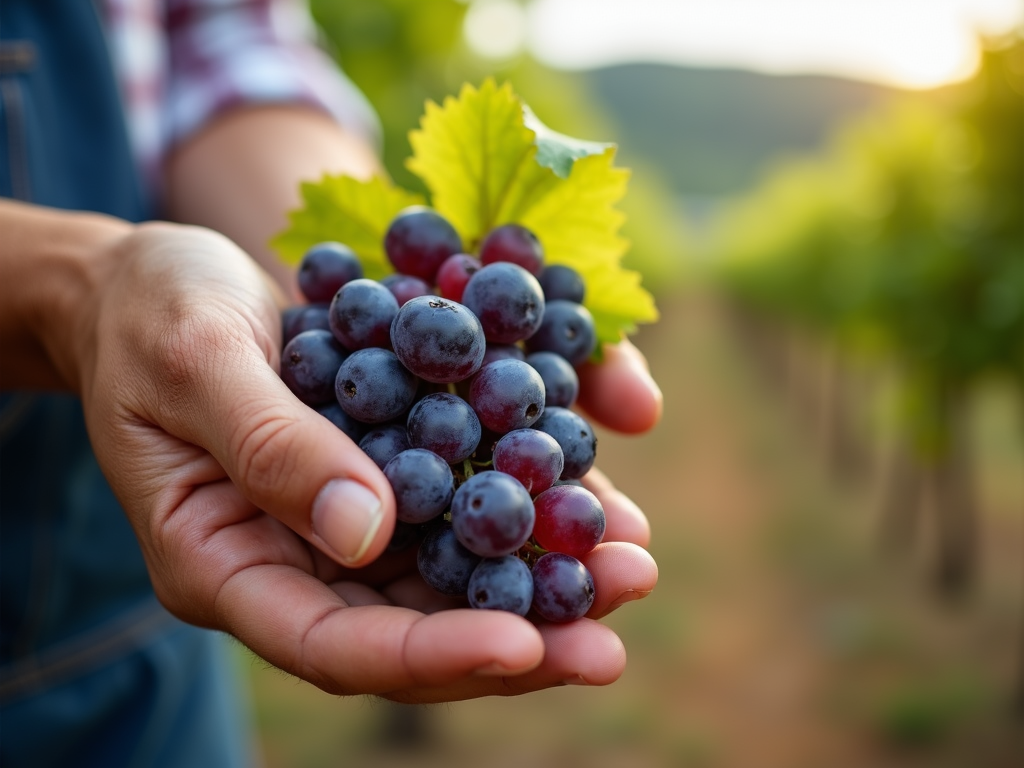
Jackson Family Wines' Organic Journey
Jackson Family Wines has been at the forefront of the organic movement in the wine industry. Their commitment to sustainability is evident in their certification by the California Certified Organic Farmers (CCOF), one of the most respected organic certification bodies in the United States. This certification is not just a badge; it's a testament to the rigorous standards they adhere to in their vineyards.
But organic farming is just one part of their sustainability efforts. Jackson Family Wines also employs a range of other practices to reduce their environmental impact, including water conservation, renewable energy, and biodiversity preservation. For example, many of their vineyards use cover crops to prevent soil erosion and promote biodiversity, creating a habitat for beneficial insects and wildlife.
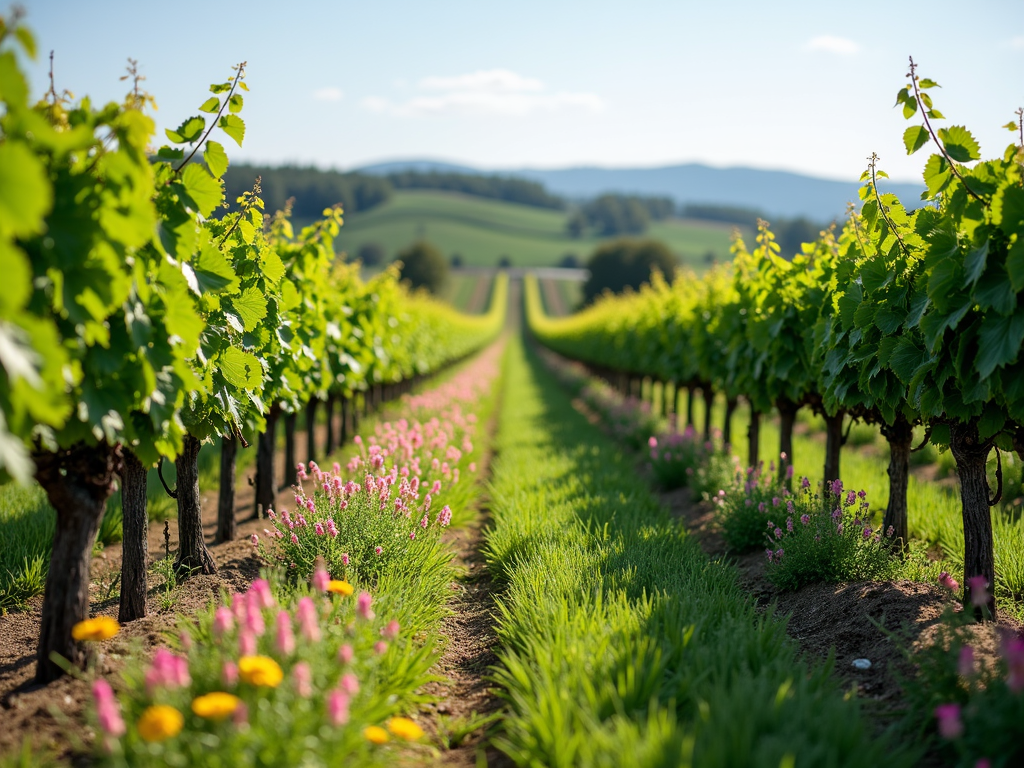
The Impact on Wine Quality
Does organic farming make a difference in the quality of the wine? According to many experts, the answer is a resounding yes. Organic vineyards tend to produce grapes with more concentrated flavors and a better balance of acidity and sugar. This is because the vines are less stressed and more in tune with their natural environment. As a result, the wines often have a greater sense of place, or terroir, which is the ultimate goal for any winemaker.
Jackson Family Wines' portfolio includes several wine brands that are produced from organically grown grapes, such as La Crema and Cambria. These wines have received critical acclaim for their complexity and elegance, proving that organic farming can indeed lead to exceptional wines. In fact, La Crema's Monterey Pinot Noir was recently awarded 92 points by Wine Spectator, a testament to the quality that can be achieved through sustainable practices.
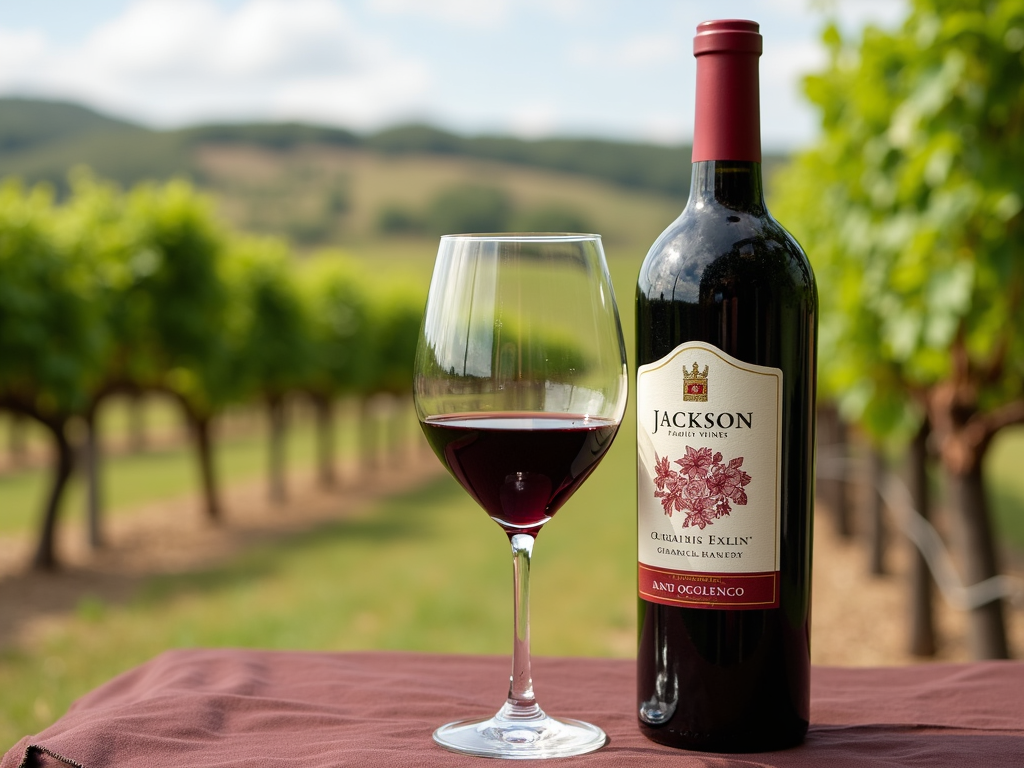
Challenges and Rewards of Organic Viticulture
While the benefits of organic farming are clear, it's not without its challenges. Organic vineyards require more labor and attention to detail, as vintners must rely on natural methods to control pests and diseases. For example, instead of using synthetic pesticides, they might use beneficial insects or organic sprays made from natural ingredients. This hands-on approach can be time-consuming and costly, but for Jackson Family Wines, the rewards are worth it.
One of the biggest rewards is the positive impact on the environment. By avoiding synthetic chemicals, organic vineyards help preserve the health of the soil, water, and air, ensuring that the land remains productive for future generations. Additionally, organic farming can lead to better long-term yields, as the vines become more resilient over time.
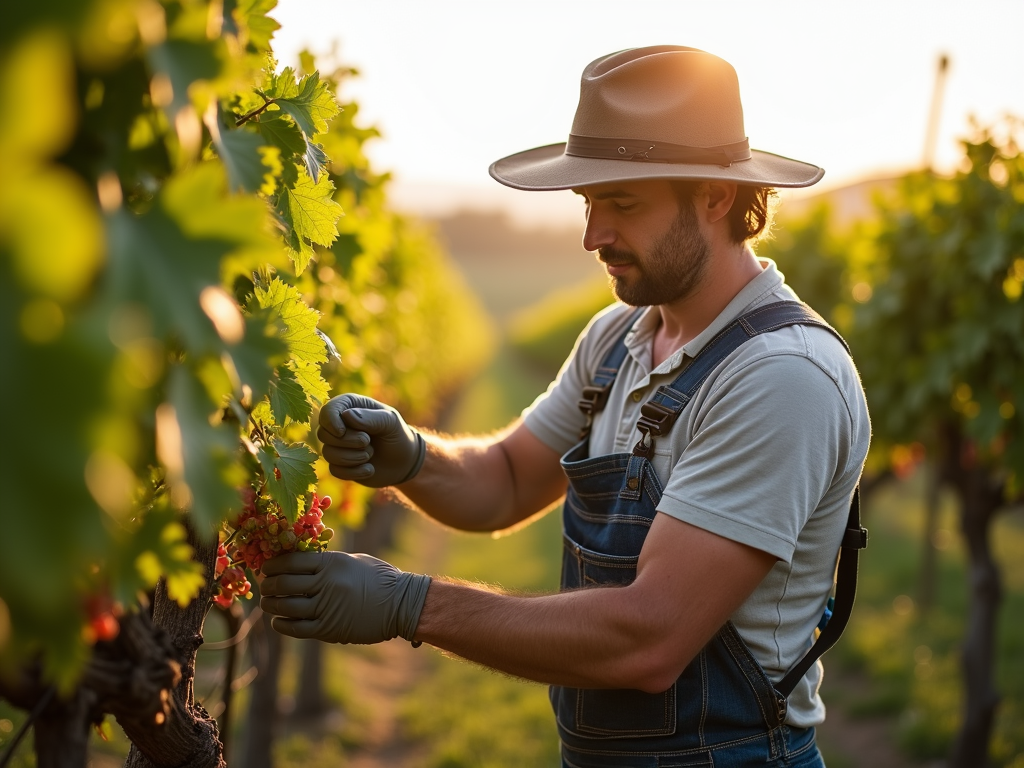
The Future of Organic Wine
As consumers become more conscious of the environmental impact of their purchases, the demand for organic wines is on the rise. Jackson Family Wines is well-positioned to meet this demand, with a growing number of their vineyards certified organic or in the process of conversion. Their commitment to sustainability is not just a marketing ploy; it's a core value that guides everything they do.
In addition to their organic efforts, Jackson Family Wines is also exploring other innovative practices, such as biodynamic farming and regenerative agriculture. These approaches go beyond organic by focusing on the holistic health of the vineyard ecosystem, further enhancing the quality and sustainability of their wines.
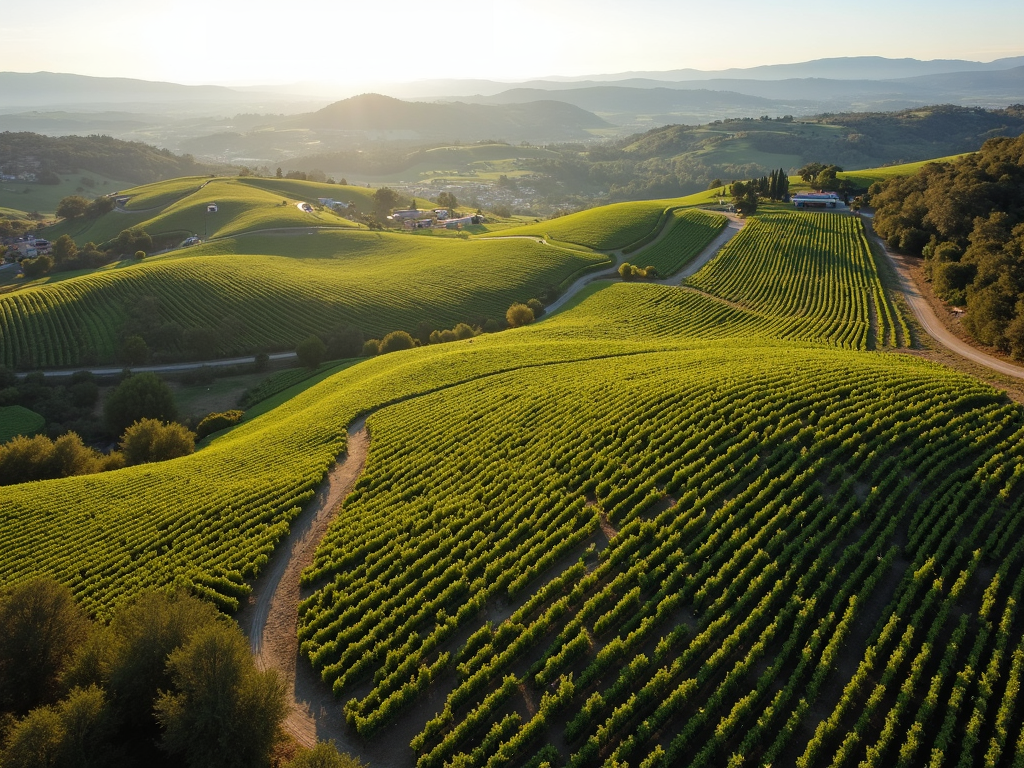
Conclusion
Jackson Family Wines is more than just a wine producer; they are pioneers in the field of sustainable viticulture. Through their commitment to organic farming, they are not only producing some of the finest wine brands in the world but also setting an example for the entire industry. As they continue to innovate and expand their organic practices, one thing is clear: the future of wine is green.